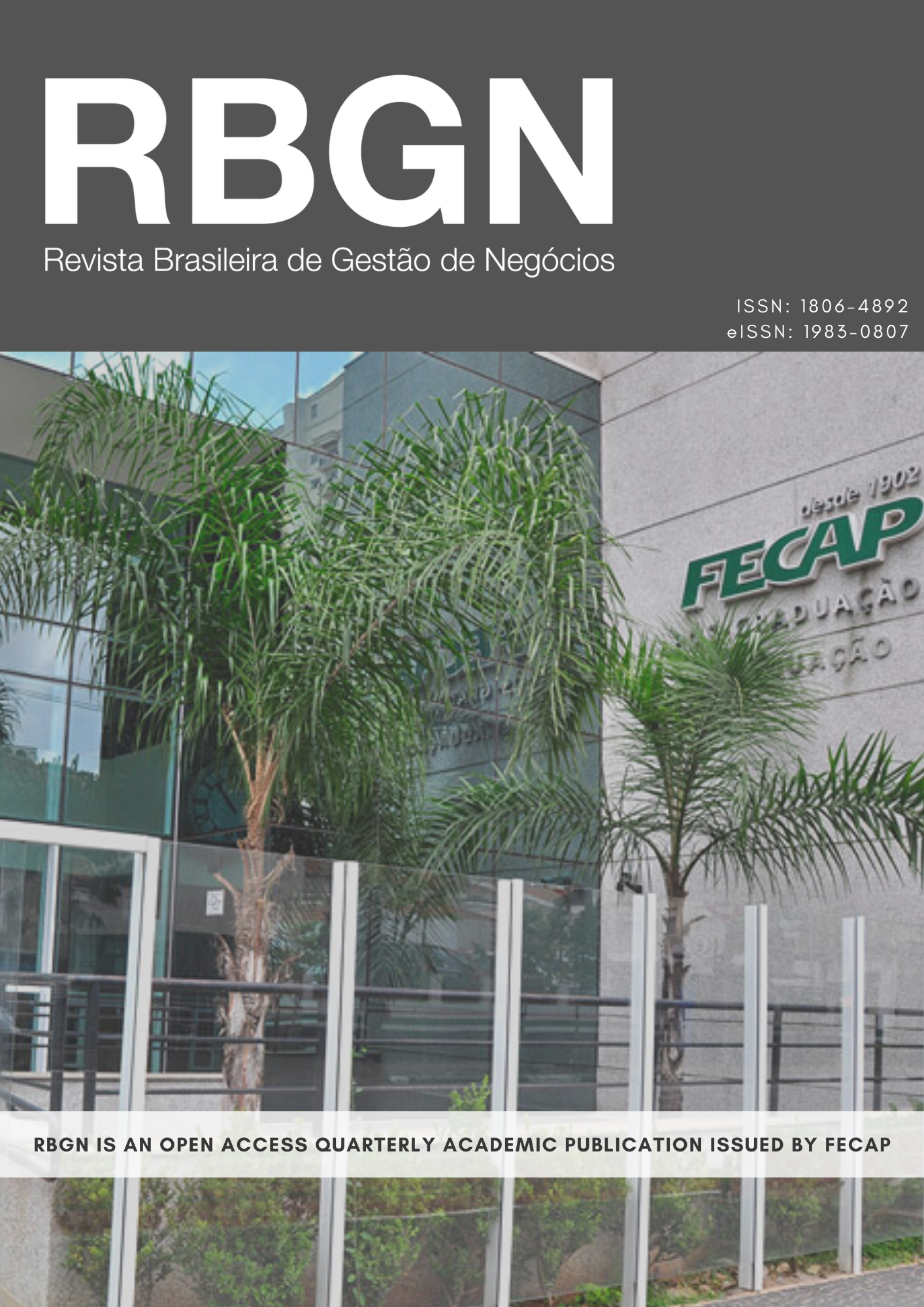Abstract
Purpose – This research aims to investigate the different impacts of easy (fluency) and difficult (disfluency) business relationship evaluations on future purchase intentions. In addition, it seeks to investigate the mediating role of confidence in these evaluations and present a new form of fluency manipulation performed directly by satisfaction evaluations.
Design/methodology/approach – This research includes a first experiment with a 3 (fluency: easy vs difficult vs control) x 2 (hypothetical scenario of satisfaction vs dissatisfaction) factorial design, using 180 undergraduate students, and a second single factor experiment (fluency: easy vs difficult vs control) with 326 consumers evaluating their financial services provider. Both used a between-subject design with the individuals being randomly distributed between the scenarios.
Findings – Dissatisfied consumers who perceived ease in evaluating commercial relationships have increased confidence in these evaluations, negatively influencing their purchase intentions. Meanwhile, satisfied consumers are generally overconfident, being equally affected by perceived difficulty or ease due to a direct bias from the evaluation, which increases purchase intentions.
Originality/value – The results demonstrate that fluency (perceived ease or difficulty) depends on the valence of the evaluations, directly affecting (positive valence) or indirectly affecting (negative valence) subsequent decisions. We also present a new, faster, and more practical way to manipulate fluency. Furthermore, we raise some ethical questions as these effects result in biased decisions.
If a paper is approved for publication, its copyright has to be transferred by the author(s) to the Review of Business Management – RBGN.
Accordingly, authors are REQUIRED to send RBGN a duly completed and signed Copyright Transfer Form. Please refer to the following template: [Copyright Transfer]
The conditions set out by the Copyright Transfer Form state that the Review of Business Management – RBGN owns, free of charge and permanently, the copyright of the papers it publishes. Although the authors are required to sign the Copyright Transfer Form, RBGN allows authors to hold and use their own copyright without restrictions.
The texts published by RBGN are the sole responsibility of their authors.
The review has adopted the CC-BY Creative Commons Attribution 4.0 allowing redistribution and reuse of papers on condition that the authorship is properly credited.


